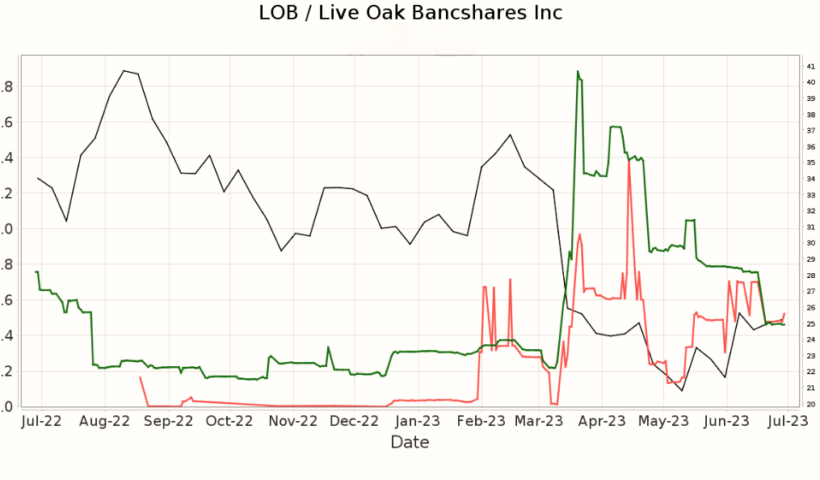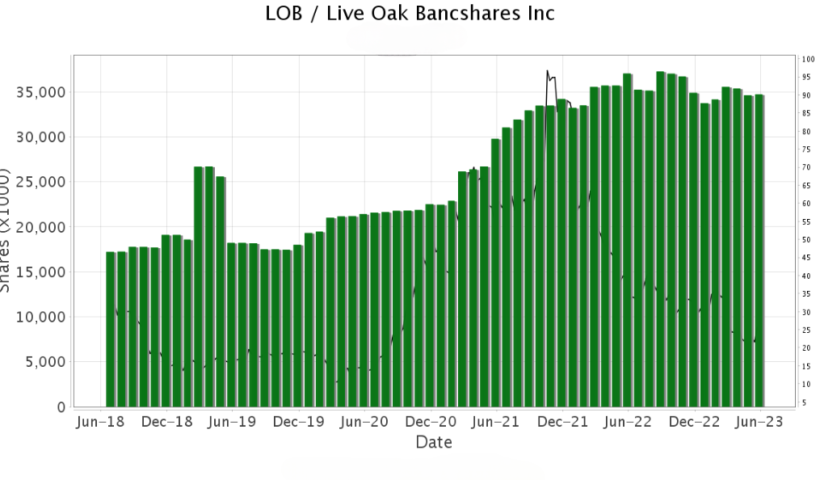Dow Jones Surges as Inflation Fears Begin to Ease
View More Dow Jones Rallies Amid Signs of Inflation SlowdownCategory: News
Decoding Bitcoin Mining: Oligopoly Concerns & Limitations of Proof-of-Stake
Decoding Bitcoin Mining: Oligopoly Concerns & Limitations of Proof-of-Stake Bitcoin mining, the process that validates transactions and adds them to the blockchain, has raised concerns about the emergence of an oligopoly within the industry. As a decentralized currency, Bitcoin’s original vision of democratized mining is being challenged by the concentration of mining power in the hands of a few major players. With the Proof-of-Work (PoW) consensus algorithm currently in use, the mining process requires substantial computational power and energy consumption. This has led to the consolidation of mining operations in regions with access to cheap electricity and specialized hardware. As a result, a handful of mining pools now hold a significant share of the network’s hash rate, raising concerns about centralization and potential manipulation. To address these concerns, alternative consensus algorithms like Proof-of-Stake (PoS) have gained attention. Unlike PoW, PoS assigns mining power based on the number of coins held by a miner, eliminating the need for energy-intensive computations. However, PoS has its own limitations, including the potential for wealth concentration and stakeholder inequality. While PoS may offer a more energy-efficient and environmentally friendly approach, it introduces a new set of concerns. Critics argue that the rich can become richer as
View More Decoding Bitcoin Mining: Oligopoly Concerns & Limitations of Proof-of-StakeKBW Maintains Live Oak Bancshares Market Perform
KBW Maintains Live Oak Bancshares Market Perform
View More KBW Maintains Live Oak Bancshares Market PerformMobileye Global Q2 2023 Earnings Call Transcript
Mobileye Global Q2 2023 Earnings Call Transcript: Insights into the company’s financial performance and future prospects.
View More Mobileye Global Q2 2023 Earnings Call TranscriptCBDCs: Challenging the Money-State Divide
Central Bank Digital Currencies (CBDCs) are reshaping the traditional relationship between money and the state. This article explores the challenges and implications of this emerging trend.
View More CBDCs: Challenging the Money-State DivideSeagate Tech Q2 2021 Earnings Call Transcript
Seagate Tech Q2 2021 Earnings Call Transcript: Key Highlights and Insights
View More Seagate Tech Q2 2021 Earnings Call TranscriptJP Morgan maintains neutral recommendation for Live Oak Bancshares
JP Morgan maintains neutral recommendation for Live Oak Bancshares.
View More JP Morgan maintains neutral recommendation for Live Oak BancsharesCentral Bank-driven Surge: Asian Stocks Soar in Remarkable Week
In a remarkable week, Asian stocks soar due to a surge driven by central banks.
View More Central Bank-driven Surge: Asian Stocks Soar in Remarkable WeekSEC May Appeal XRP Case Against Terraform Labs
The SEC may challenge XRP case outcome against Terraform Labs, signaling potential legal ramifications. Stay informed.
View More SEC May Appeal XRP Case Against Terraform LabsTerex (TEX) Stock Declines Despite Market Gains: Insights
Terex (TEX) Stock Declines Despite Market Gains: Insights
View More Terex (TEX) Stock Declines Despite Market Gains: Insights









